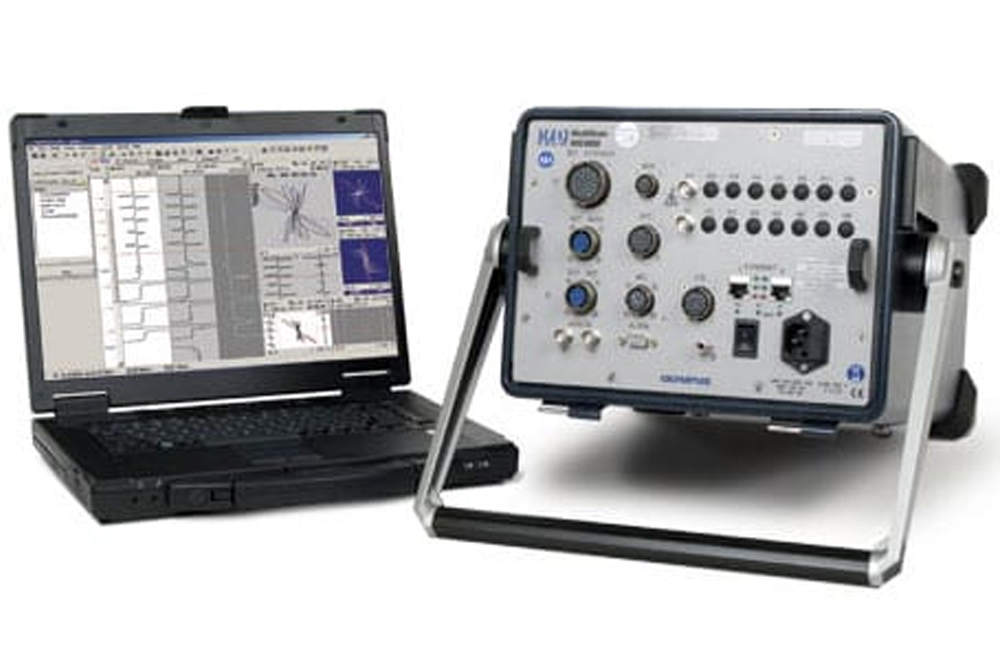
1. Introduction to Tube Inspection :
• Importance of tube testing in industries (power plants, refineries, heat exchangers)
• Overview of non-destructive testing (NDT) methods for tubes
• Selection of appropriate techniques based on material and defect type
2. Eddy Current Testing (ECT) for Tubes :
• Principles of electromagnetic induction
• Probe types (differential, absolute, array)
• Detection of corrosion, pitting, and cracks in non-ferrous tubes
• Calibration, scanning, and signal interpretation
3. Remote Field Testing (RFT) :
• Working principle of remote field eddy current testing
• Differences between ECT and RFT
• Detecting internal and external defects in ferromagnetic tubes
• Probe selection and signal analysis
4. Internal Rotary Inspection System (IRIS) :
• Ultrasonic principles in IRIS testing
• Equipment setup, transducers, and water column requirements
• Measuring wall thickness and corrosion mapping
• Data acquisition, defect sizing, and limitations
5. Near-Field Testing (NFT) :
• Principle of NFT for finned and non-finned tubes
• Applications in detecting internal defects and erosion
• Probe design, scanning techniques, and signal interpretation
6. Equipment Setup and Calibration :
• Probe selection and optimization for different techniques
• Standard calibration blocks and sensitivity checks
• Effect of material properties on testing results
7. Data Analysis and Interpretation :
• Understanding signals from different tube inspection methods
• Identifying wall thinning, pitting, cracking, and erosion
• Differentiating between defect types and artifacts
8. Codes, Standards, and Reporting :
• Industry standards (ASME, ISO, API, ASTM)
• Acceptance criteria for defect evaluation
• Documentation and report writing for tube inspection
9. Practical Training and Case Studies :
• Hands-on training with tube inspection equipment
• Real-world applications and troubleshooting scenarios
• Comparative analysis of ECT, RFT, IRIS, and NFT

